 By Patrick Mumbi, M.Afr (FENZA)
By Patrick Mumbi, M.Afr (FENZA)
The literal translation of chakwela makumbi is ‘pulling down the clouds’. At this time of the year in Zambia, the earth is dry parched, people are thirsty and therefore hankering for rain. In some places, animals have begun to die. It is why Chieftainess Nkomeshya Mukamambo II, through the ancestors, intercedes to God for a good rainfall. The seeds of sorghum, maize and other ones are brought to her. While at prayer, she shells maize, pumpkin seeds and squeezes sorghum into the gourd and mixes them. She raises eyes to heaven and cries to God.
I heard her prayer; “God of my ancestors, of heaven and earth, open your heavens and pour down rain to us. To whom can we go except to you our Father? I am your creature and you created me and you can take my life if you want.” After a lengthy prayer and while kneeling, she begins to sob and threw herself prostrate to the ground. This is a reminiscence of the psalmist distress; “I cry aloud, I cry aloud to God that he may hear me,” Psalm77, 142.
Women worshippers began to wipe away her tears. This was a moving prayer and I felt tears in my eyes too. I then saw some dark clouds forming in the sky. I could not help but think that God has definitely listened to such powerful prayers. I sensed a deep concentration on the side of the people as they implored God. I also could not help but notice the humility of people as they clapped their hands to God.
Also, prominent among the people, were a group of women worshippers, whom some people may call babinde, dressed in black symbolising the dark rain clouds. I was told that, in former times, the people chosen to go and pray were erecting some shelters in the forest. These were special people like diviner rain makers or cousin clan members (abena mfula na bena bowa). While they were in the forest, they would pray for rain and it would immediately pour down. During yesterday’s prayers, I saw some herbs and a black chicken placed on a black cloth within the same area of prayer. In the background, there was a chanting invocation song; “Twakabomba kuli mwami, mukamambo, katiye tulumbe,” meaning “we are saying thank you to the Chieftainess Mukamambo II. Let us go and say thank you.”
A woman worshipper dressed in black came and snatched away the black chicken, swung it and threw it at the other women seated nearby. This act was a symbolic gesture showing that our ancestor did not go empty-handed when approaching God. They would offer sacrifices to God in their supplication.
As Clifford Geertz said, the power of symbols lies in the ability to transform experiences by constructing a sacred reality upon which everyday events of life are grounded. Symbolic gestures reflect unconscious wishes, longing desires and even desperation. When people communicate through their ancestors with symbols, their prayers are addressed to God. They are speaking to God and not to a mountain, a big tree or the waterfalls. These are just spiritual symbols to solicit God’s power and benevolence.
 The second part of chakwela makumbi ceremony was the planting of seeds by the Chieftainess. At this time, she lights the fire within the cleared bush and burns a heap of stalks of maize. She then plants sorghum, maize, pumpkin seeds, etc. while people were again imploring God in a solemn song; “ilaloko, ilaloko kuli babinde, twebene mandondo, twebene imfula ilaloko ilaloko katuna tubyala. The language of this song is quite ancient. But the literal translation could mean; “it has rained, the raindrops are there, the rainmakers are praying the owners before the planting season.” This song implies that it would even rain at time before the planting season. But it could also mean that before the chief plants crops no one is supposed to do it.
The second part of chakwela makumbi ceremony was the planting of seeds by the Chieftainess. At this time, she lights the fire within the cleared bush and burns a heap of stalks of maize. She then plants sorghum, maize, pumpkin seeds, etc. while people were again imploring God in a solemn song; “ilaloko, ilaloko kuli babinde, twebene mandondo, twebene imfula ilaloko ilaloko katuna tubyala. The language of this song is quite ancient. But the literal translation could mean; “it has rained, the raindrops are there, the rainmakers are praying the owners before the planting season.” This song implies that it would even rain at time before the planting season. But it could also mean that before the chief plants crops no one is supposed to do it.
Kings, Chiefs and Chieftainesses possess sacred powers over the land and there are the ones to sanction the planting season. This also corresponds to the sanctioning of gathering caterpillars among the Bemba people of Northern Province. Before the Paramount chief of the Bemba offers sacrifice to God, no one is allowed to gather caterpillars or else something worse will befall him or her. If this order is ignored, these are times when we hear that someone has been swallowed up by a python.
Chieftainess Nkomeshya Mukamambo II herself is a Catholic Christian. For that reason, the ceremony begins with a solemn inculturated Mass. People know that she goes to sweep and clean the premises around the church. According to them, this should not what a Chieftainess should do. When people try to stop her sweeping and taking away weeds around the church, she answers them saying; “in heaven, there are no Kings or Chiefs. We are all the same!”

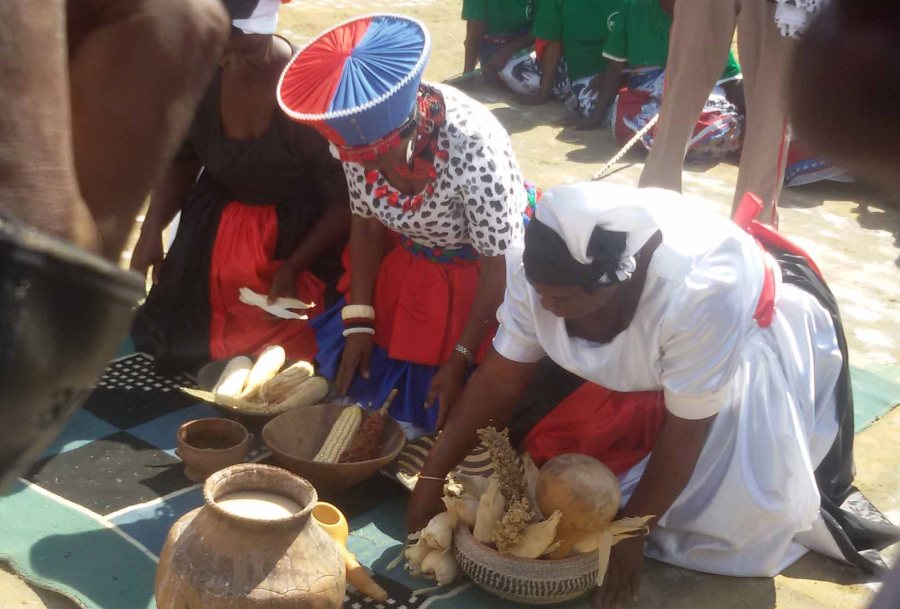

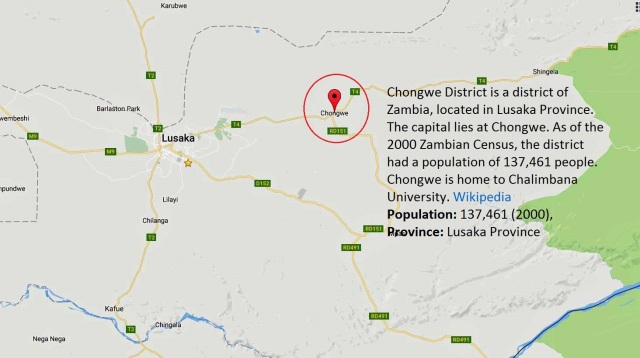


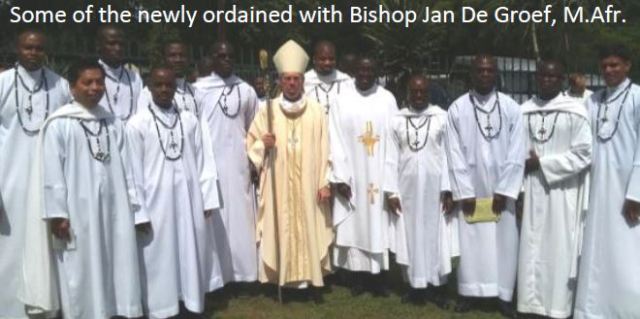



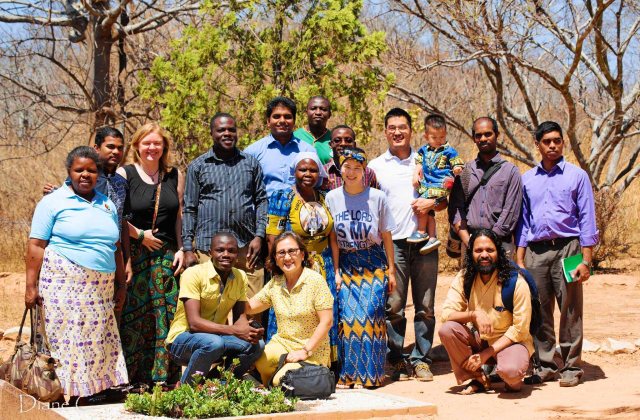
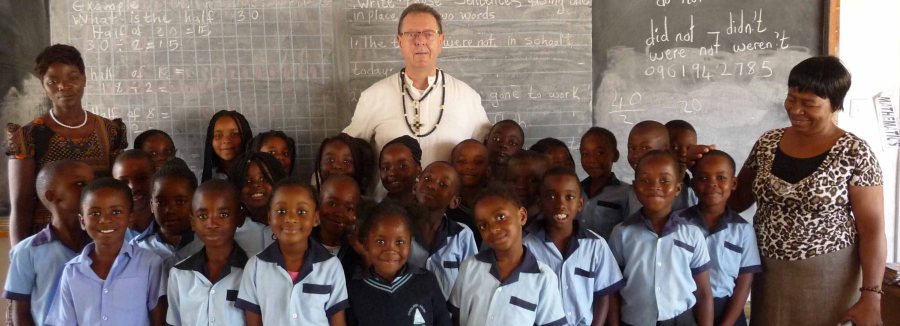

 Chudleigh House School, situated in one of Lusaka’s residential areas called Chudleigh, was officially opened by then University of Zambia Chancellor Mr John Mupanga Mwanakatwe on the 16th July 1993. The school was the brain child of Mrs Petronella Chisanga and was joined by Mrs Lalita Money, Mrs Dorothy Kasanda, Mrs Lucy Musonda and Mrs Maud Moonzwe as promoters.
Chudleigh House School, situated in one of Lusaka’s residential areas called Chudleigh, was officially opened by then University of Zambia Chancellor Mr John Mupanga Mwanakatwe on the 16th July 1993. The school was the brain child of Mrs Petronella Chisanga and was joined by Mrs Lalita Money, Mrs Dorothy Kasanda, Mrs Lucy Musonda and Mrs Maud Moonzwe as promoters.
 Yesterday afternoon, 21st October, around 16:30 when I was just preparing to go for Mass, I received a call from home that my sister Petronella Mubanga (Bana Chitoshi) passed away at 13:30 in Mandevu, Lusaka, Zambia. She was the first born in the family and when I was growing up, she contributed a lot to making sure that I finish my school since our parents were not working then. She contributed also a lot during my ordination in Zambia even though she was very sick at that time. Petronella has left four children.
Yesterday afternoon, 21st October, around 16:30 when I was just preparing to go for Mass, I received a call from home that my sister Petronella Mubanga (Bana Chitoshi) passed away at 13:30 in Mandevu, Lusaka, Zambia. She was the first born in the family and when I was growing up, she contributed a lot to making sure that I finish my school since our parents were not working then. She contributed also a lot during my ordination in Zambia even though she was very sick at that time. Petronella has left four children.